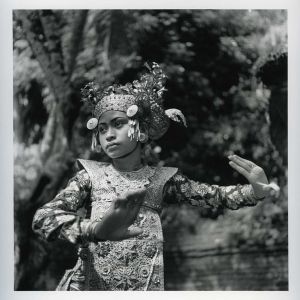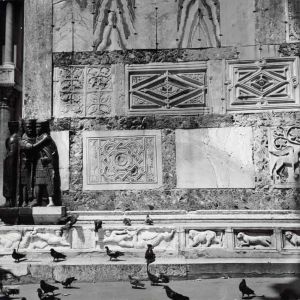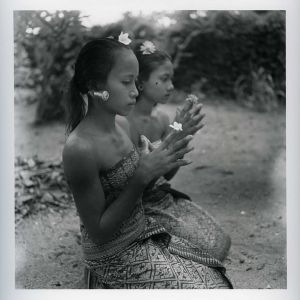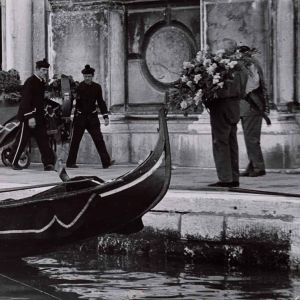SPAZIO OFFICINA – CHIASSO
As part of the Spazio Officina programme in Chiasso, a major exhibition is being presented on the work of Gotthard Schuh, one of the most representative Swiss photographers of the 20th century. The exhibition – conceived and curated by MUSEC for the Esovisioni cycle, in collaboration with the Fotostiftung Schweiz of Winterthur – is staged at Spazio Officina and offers the possibility of following Schuh during two of his most significant journeys. The journey takes in 129 photographs, some of which are on display for the first time at Spazio Officina. On display at Spazio Officina, in addition to 60 photographs on Bali owned by MUSEC, and 69 original first edition photographs from the Venetian reportage owned by the Schuh family and the Fotostiftung Schweiz in Winterthur, there will also be the gold medal for his work received at the Venice Biennale in 1957, and the letter of 1967 awarding Schuh the title of “Cavaliere del Lavoro” of the Italian Republic for the quality of the portraits he dedicated to Italy during his lifetime. In addition, the exhibition will feature a clip from the documentary film directed by Swiss director Villi Hermann Gotthard Schuh. A sensual vision of the world (2011).
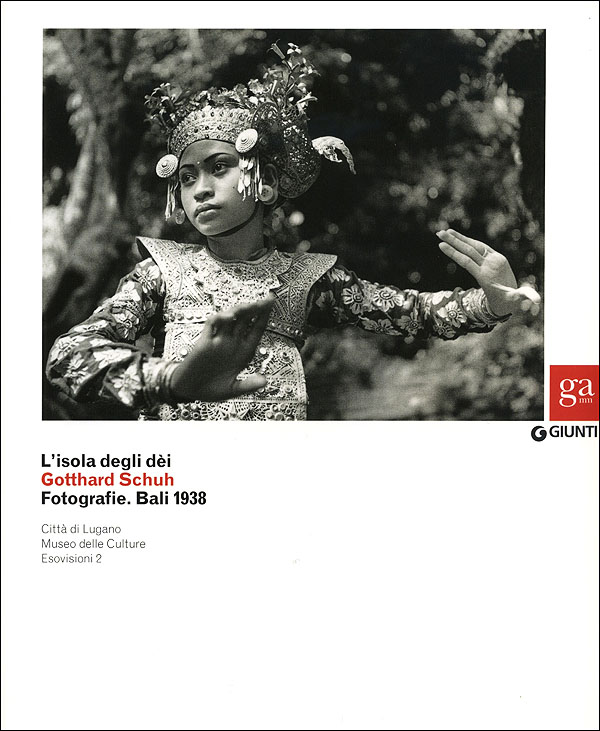
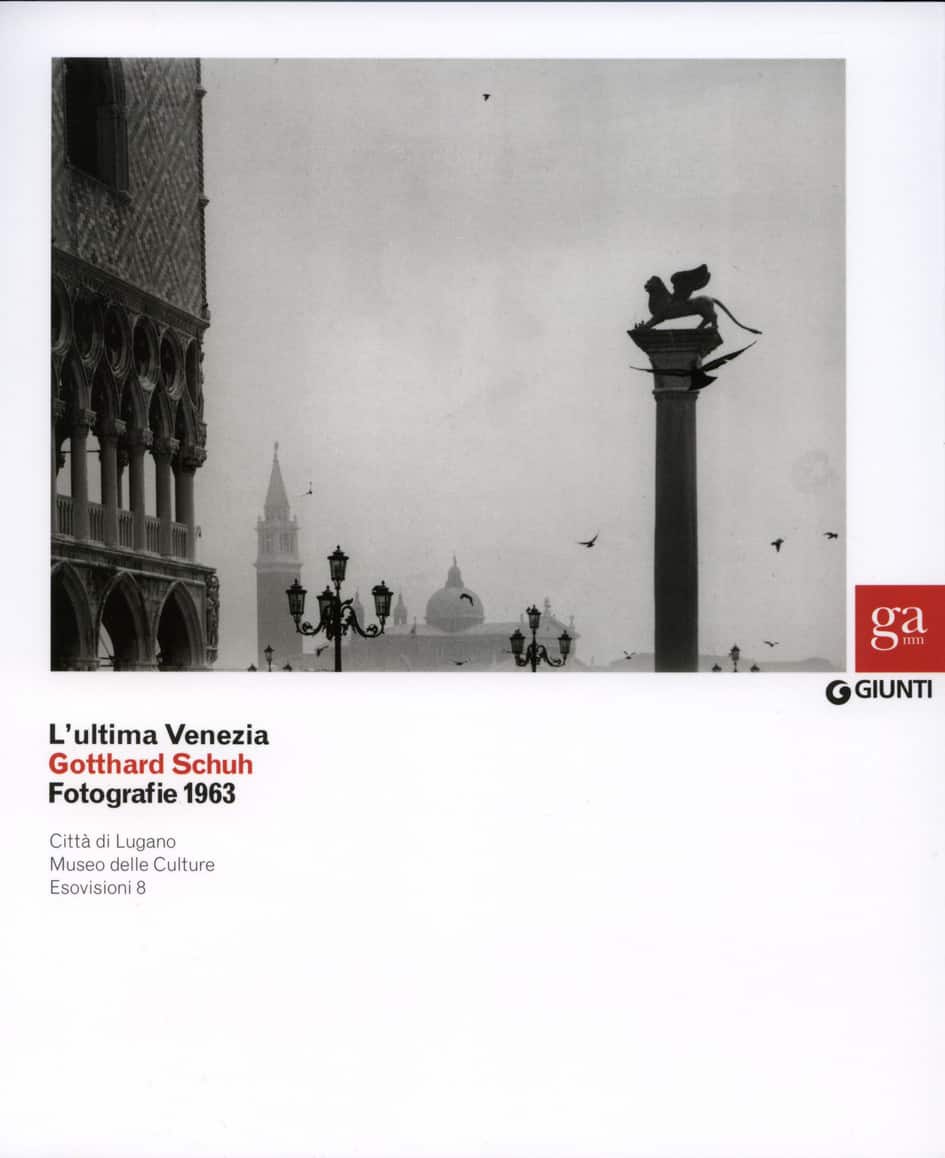
Gotthard Schuh began his career as a photojournalist in the 1930s, focusing mainly on everyday life as he got to know it through his travels in Italy and Central Europe, for example in Paris, where he had the opportunity to portray the likes of Picasso, Braque and Léger. These were the years of the rotogravure and the hunt for images to report on news and customary events when Schuh, already a contributor to Vu, Paris-Match, Berliner Illustrierte and Life, also began to work for the weekly Zürcher Illustrierte, for which he left on 16 March 1938 for a reportage in Indonesia, on the islands of Sumatra, Java and Bali. It will be a journey that will profoundly mark his life, three years after he was diagnosed with a serious illness, which, however, will not stop his work until his death. The main result of this Indonesian experience is the volume Inseln der Götter published in 1941, later reprinted and translated into several languages. The portrait that the Swiss photographer drew of the island of Bali, which he himself called “the island of the gods”, conveys the concept of a jewel set in a luminous sea, of extremely fertile land on the foothills of volcanoes reduced to terraces, and of villages perennially enlivened by colourful festivals and ceremonies in which the joy of life is perceived. This exotic vision has nurtured and sustained to this day the idea, or myth, of the island of free love, of paradise lost and found, of a place where a kind of magical balance between nature and culture reigns, sheltered from the poisons of modern civilisation and its nefarious winds of war that were blowing over Europe at the time. In the years that followed, Schuh would dedicate himself to collecting his works in monographs, testimonies of his tireless travels in search of an idea of inner exoticism, also found in neighbouring lands, such as Malcantone (Switzerland) and in his beloved Italy. And it was to an Italian city, Venice, that Schuh chose to dedicate his last reportage in 1963, published in the 1965 monograph Tage in Venedig. What emerges is a post-World War II portrait of a city not yet marked by the 1966 flood and not yet invested by the economic boom that would change its perception forever. It is a Venice populated by everyday rituals, by the simplicity of gestures greeted with familiarity, by millenary architecture, of which Schuh gives us an elegant, intimate and harmonious image. Many images bring to mind a whole world already captured by the photographer in other places and at other times – as one might expect from a work carried out towards the end of life: the lights of the Parisian cafés; the fatigue of work; the works of art typical of the place. The tension towards the extra-historical invisible that permeates all of Schuh’s work here is evident, and is perhaps the sign of the gaze that leans out to see what is next, on the edge of the last journey, at the end of life. Schuh passed away in Küsnacht (Zurich) on 29 December 1969, leaving behind hundreds of shots of remarkable beauty and depth.


